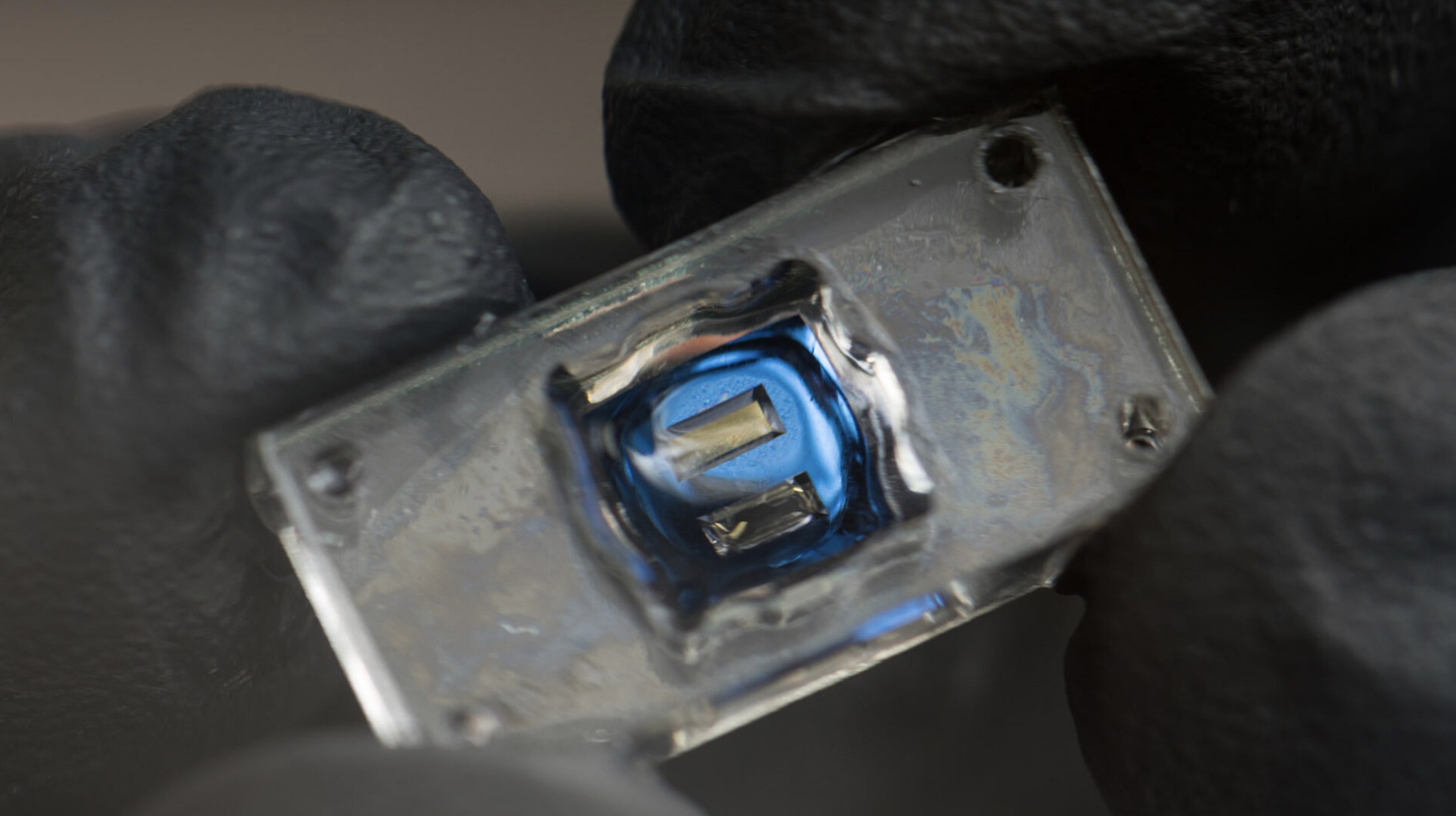The University of Rochester has received a $7.1 million contract from the Biomedical Advanced Research and Development Authority (BARDA) to develop innovative tissue-on-chip technology. This groundbreaking research aims to explore the link between respiratory diseases, such as influenza, and neurological symptoms like brain fog. The three-year project uses microphysiological systems (MPS)—tiny chips that simulate human lung and brain tissue in vitro—to accelerate drug discovery and treatment development.
Led by a multidisciplinary team, the project builds on Rochester’s Translational Center for Barrier Microphysiological Systems (TraCe-bMPS). SiMPore will collaborate on developing the tissue chips. Researchers will link specialized lung and brain chips to investigate how infections trigger brain inflammation, offering insights for treating conditions like long COVID.
By the end of the first year, the team aims to infect the lung chip with influenza and observe the brain chip’s response. This research marks a shift toward more human-relevant disease modeling, promising faster, more effective drug development. Federal officials have praised the initiative for its potential to revolutionize healthcare and provide life-saving therapies.
